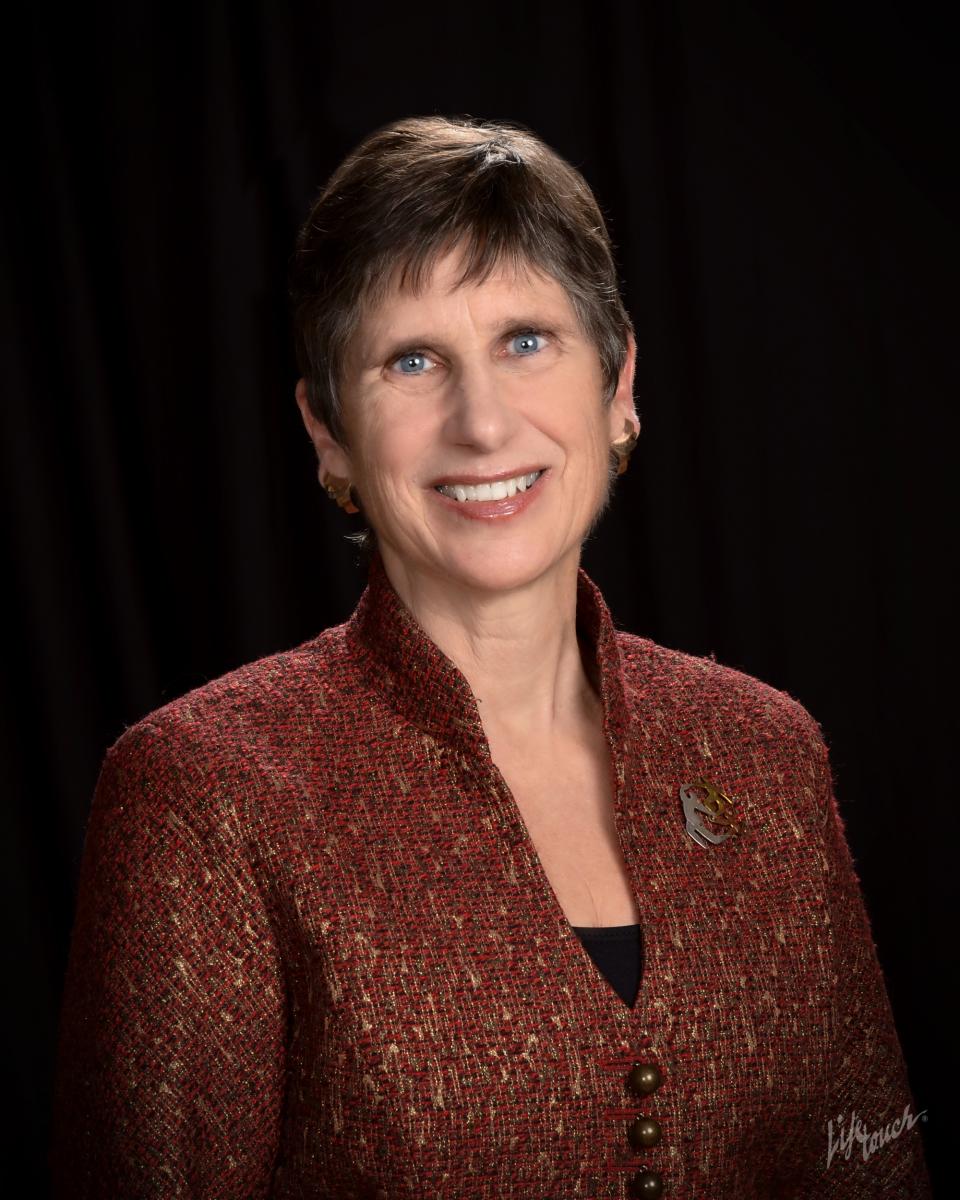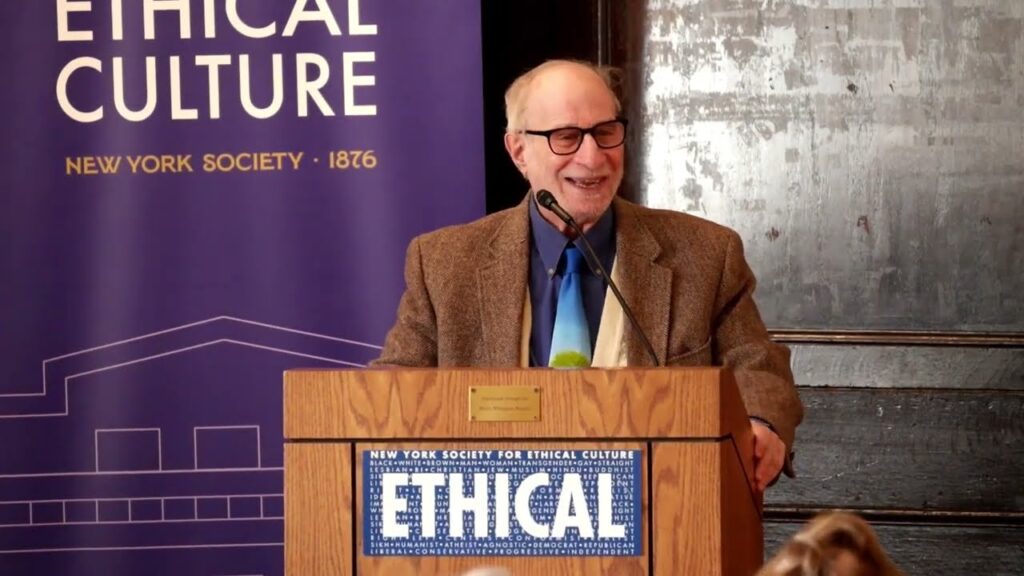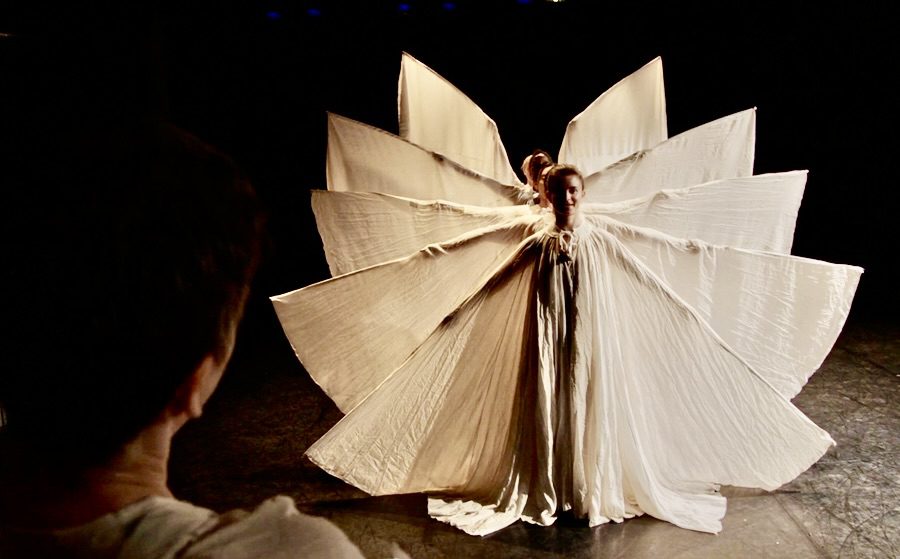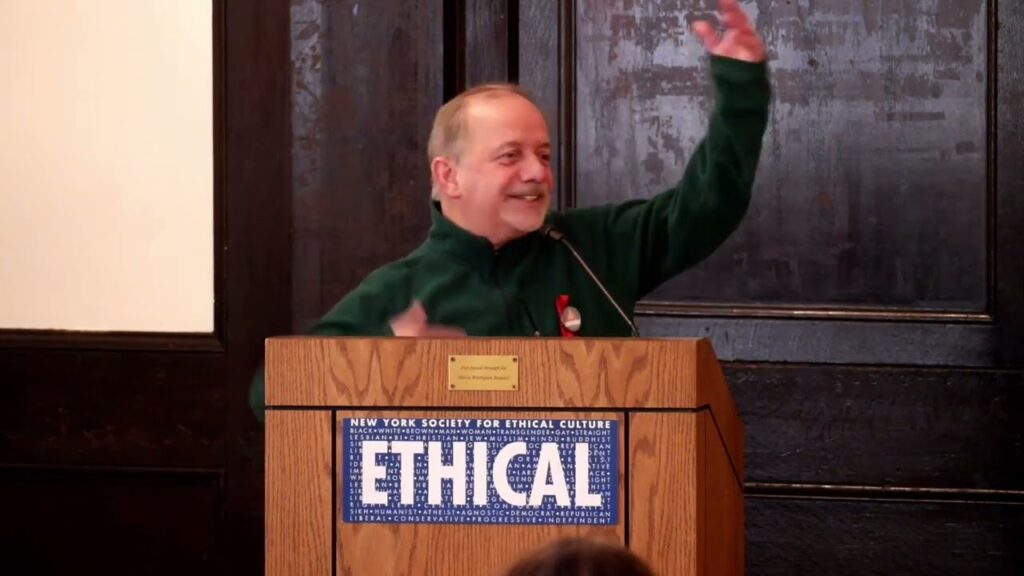
By Leader Dr. Anne Klaeysen
I have spent most of my life as a member of and/or working for a congregation. The first one was chosen for me; the others I chose. Being part of a community of people who have faith in human kindness, who try to make sense of their existence, and who live with purpose is important to me.
Things can go wrong if faith is misplaced. Whether it’s the ancient Hebrews who worshipped a golden calf or people today who worship celebrity and wealth or adhere to rigid traditions that exclude diversity, things can go very wrong.
I was fortunate growing up in St. Anne’s Catholic Church in Palmyra, NY. The theology didn’t sustain me after I left home, but the faith in human kindness did. I observed it and appreciated it and learned from it.
Henri Nouwen, a Dutch Catholic priest, theologian, and psychologist, wrote extensively about community, both its deeply spiritual and more mundane aspects. Although he was an esteemed professor at Notre Dame, Yale, and Harvard, when he met Jean Vanier, the founder of L’Arche, an international movement of communities that welcome people with disabilities, he accepted an invitation to become pastor at the L’Arche community of Daybreak, north of Toronto. Nouwen called it his homecoming. He lived there and helped Adam Arnett, a man with a severe disability, with his morning routine. His book, “Adam, God’s Beloved,” describes how Adam became his friend, his teacher, and his guide. It is a deeply spiritual and inspiring work.
On a more mundane level, Nouwen wrote that communities rise or fall depending upon who makes the coffee and takes out the trash. I thought about that one Saturday morning when a workshop was scheduled to meet in the Elliott library, and there was no coffee. The chairs were set up in a circle, sign-in sheets and handouts were on the table, and the laptop and projector had been tested. I had even brought flowers, but there was no coffee, and panic ensued. Fortunately, it was short-lived; we all pitched in, and soon there was caffeine for all, as well as bagels.
My parents made the coffee and took out the trash at St. Anne’s. When it snowed, Dad loaded the snowblower and shovels into his truck, and we all climbed in and headed to the church to clear the parking lot and sidewalks. He worked at the community food pantry, and Mom visited the sick and aging in the parish. As children, we had small boxes of colored envelopes into which we put our coins for Sunday collections. We belonged to a community that depended upon us and upon which we depended.
Can we say that of our community here at the NY Society for Ethical Culture? Most of these tasks are handled by professional and maintenance staff paid by rental income. In what ways do we depend upon one another?
Founder Felix Adler wrote, “We are here – no matter who put us here, or how we came here – to fulfill a task.” His was to bring ethics to life through experience. His ethical principle was one neither of egoism nor altruism, but rather of “joint development” through mutual interplay. “We grow and develop in proportion as we help others to grow and develop.”
That, I believe, is our task: to help one another grow and develop ethically. “The question of paramount importance, therefore, to be kept ever before the mind, is this: How, as a matter of fact, am I influencing the persons with whom I am in contact?” Adler wrote. “The habit of fixing our attention on how we are to conduct ourselves, on what, in a given situation and quite apart from our feelings, it is right to do, steadies the pulse, clears the eye and preserves the tranquility of the soul. . . And there is always something which it is right to do, even in the most desperate circumstances, if it be only to maintain our dignity as human beings, to keep up the drooping spirits of those around us, and to assist our weaker brethren to the last.”
These are the basics of Ethical Culture. No matter who makes the coffee or takes out thrash, “We need to feel that no effort is ever wasted, that no honest reaching out toward the good is vain. . . Act the Good, and you will believe in it. Throw yourself into the stream of the world’s good tendency and you will feel the force of the current and the direction in which it is setting.”







